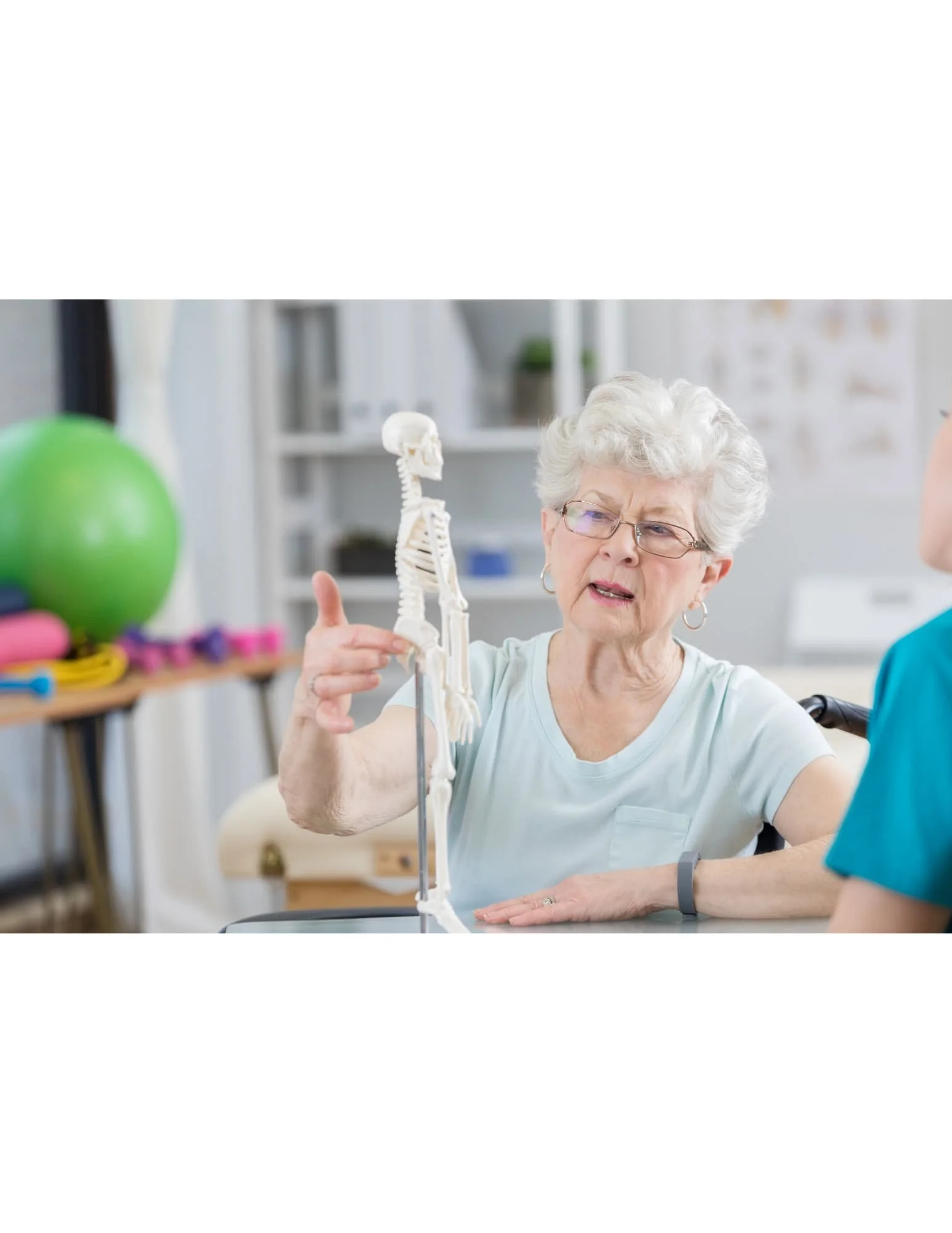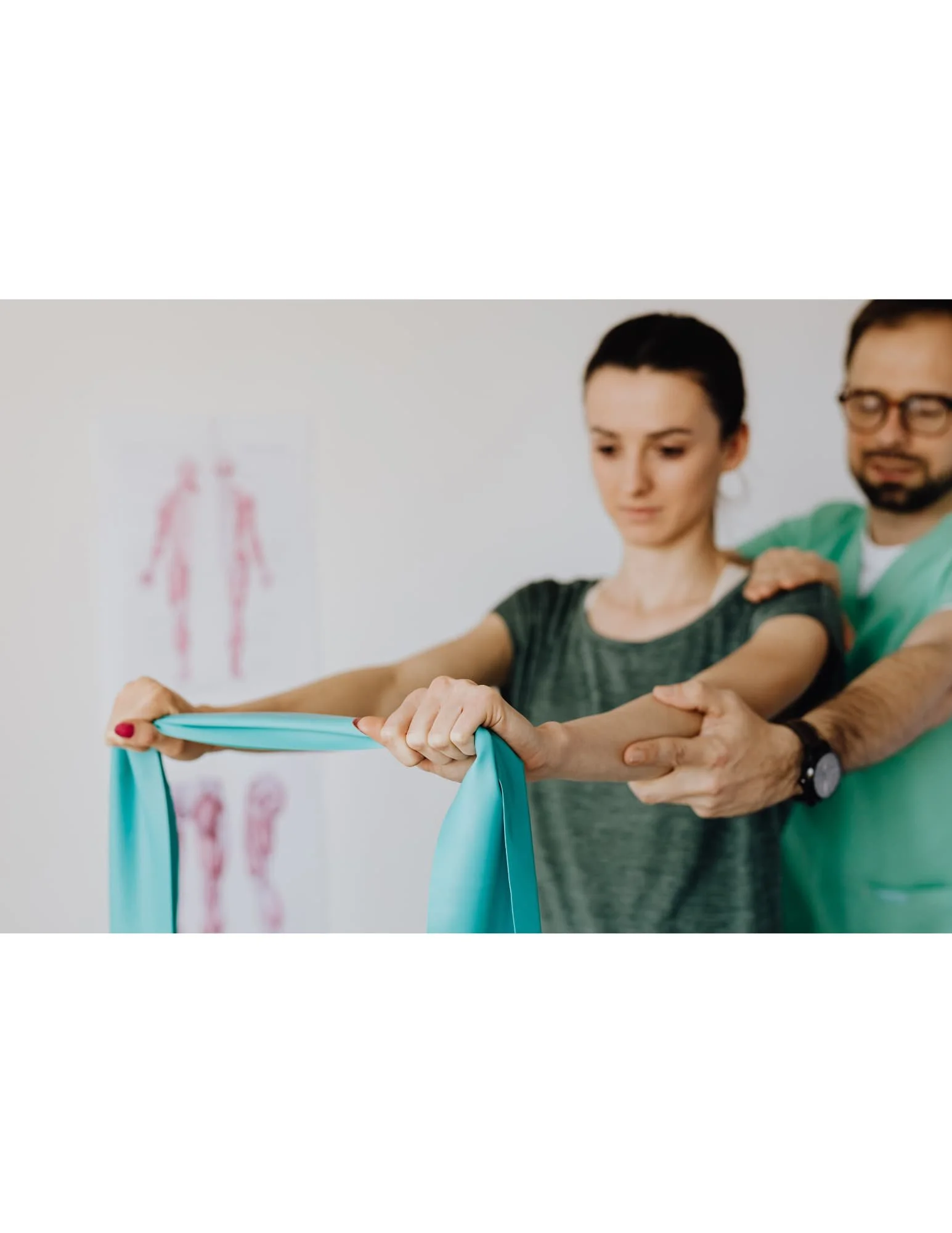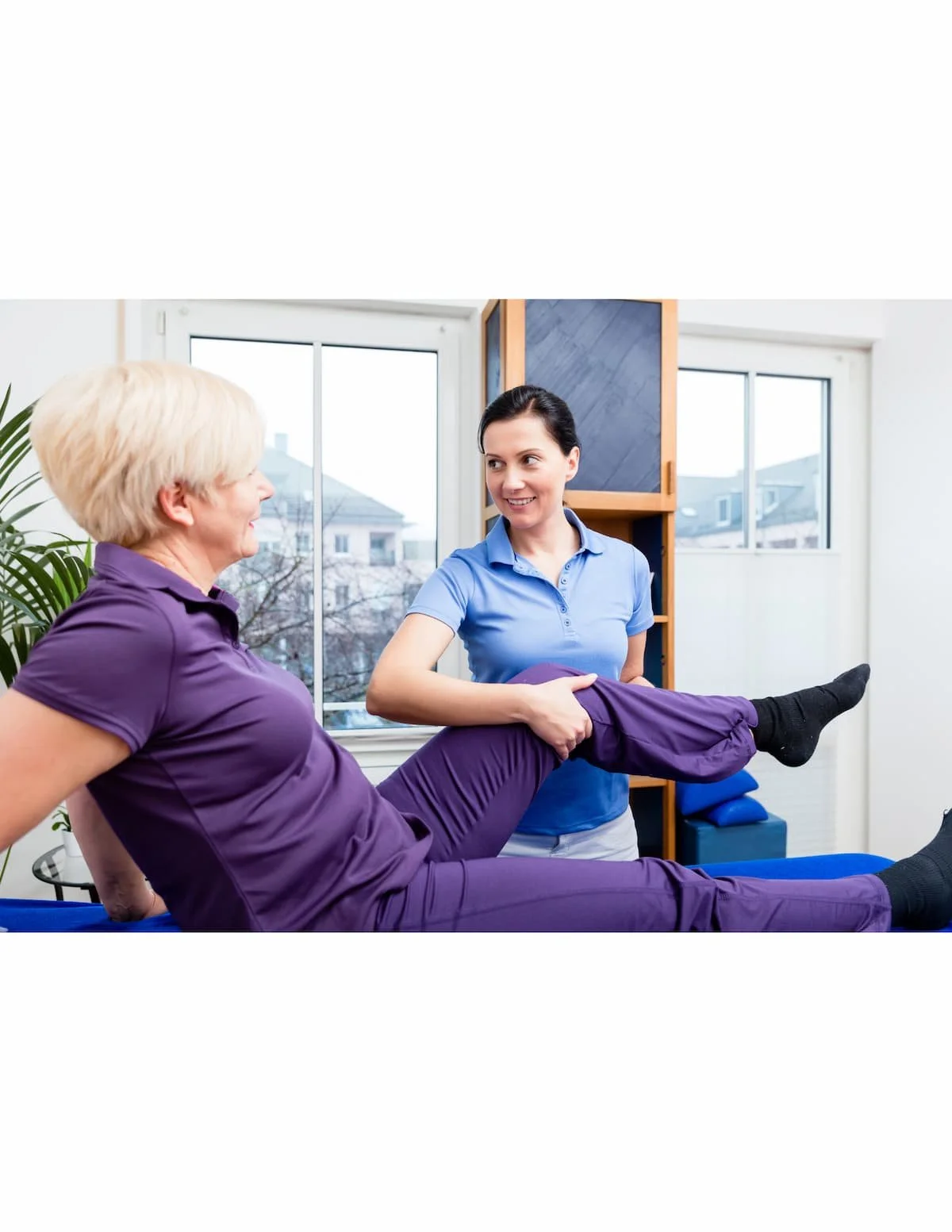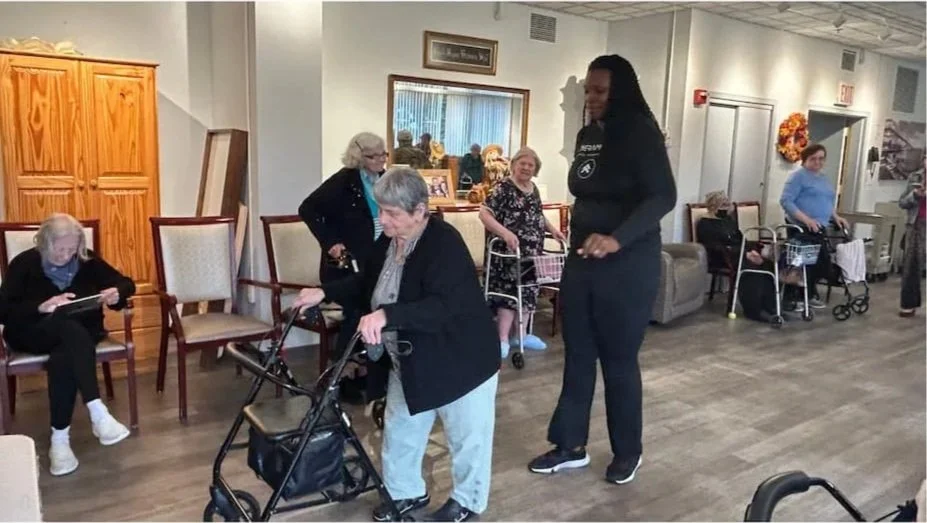"Is This Going to Hurt?" The Question Everyone Asks About Physical Therapy
You're Not Crazy for Worrying About Physical Therapy Pain
If you've ever been referred to physical therapy, I guarantee this thought crossed your mind: "Great, now I have to go somewhere that's going to make me hurt even more."
You're dealing with pain, stiffness, or limited movement. The last thing you want is someone pushing and prodding at your sore spots. And let's be honest we've all heard those horror stories about physical therapy being some kind of medieval torture session.
But here's what nobody tells you upfront: most of what you've heard about PT pain is completely wrong.
As a physical therapist who's worked with thousands of patients, I want to set the record straight about what physical therapy actually feels like, when you should be concerned, and when everything is going exactly according to plan.
The Truth About Physical Therapy Discomfort (It's Really Not What You Think)
Here's the game-changer that changes everything: there's a huge difference between discomfort and actual pain. Once you understand this difference, your entire physical therapy experience transforms.
The "Good" Kind of Discomfort (Yes, That's Really a Thing)
Remember that feeling when you stretch first thing in the morning? Or how your muscles feel after trying a workout you haven't done in months? That's exactly what therapeutic discomfort feels like.
What "good" discomfort includes:
A deep stretching sensation when we work on tight muscles
Some muscle fatigue when we challenge weak areas
A "working" feeling as we help restore movement to stiff joints
That satisfying soreness that feels productive
This kind of discomfort usually feels like progress like your body is waking up and remembering how to move properly. It might not feel amazing in the moment, but it doesn't leave you feeling worse afterward. In fact, most patients describe it as "a good hurt."
The "Not Okay" Kind of Pain (When to Speak Up Immediately)
This is completely different. We're talking about sharp, intense, or shooting pain that makes you want to stop everything right now. It's the kind of pain that:
Makes you tense up or hold your breath
Feels worse than whatever brought you to PT in the first place
Continues hurting long after your session ends
Just feels wrong in your gut
If you're experiencing this type of pain, something's not right. Any good therapist will want to know about it immediately, and we'll adjust your treatment on the spot.
At TheraMotive, our therapists check in with you constantly throughout every session. We're not mind readers we absolutely need you to tell us what you're feeling so we can adjust accordingly. There's zero "pushing through the pain" mentality here.
Let's Talk About Risks (Because You're Probably Wondering)
I'm not going to sugarcoat this physical therapy is generally very safe, but like any medical treatment, there can be some side effects. Let me break down what's normal versus what's cause for concern.
The Common Stuff That's Totally Normal
Most people experience some mild soreness, stiffness, or fatigue after their first few sessions. Think of it exactly like starting a new exercise routine your body needs time to adjust. This usually gets better as you get stronger and more mobile.
What to expect in your first week:
Mild muscle soreness (like after a good workout)
Feeling a little tired after sessions
Some stiffness that improves with movement
Possible temporary increase in symptoms as your body adjusts
The Rare But Possible Stuff
Serious complications are uncommon when you're working with licensed professionals, but they can happen if therapy is too aggressive or not properly tailored to your specific condition. That's exactly why choosing the right provider matters so much.
How We Keep You Safe Every Step of the Way
Every single patient gets a thorough evaluation before we start anything. We examine your medical history, current condition, medications, and most importantly what you're hoping to achieve.
Our safety protocol includes:
Comprehensive initial assessment
Personalized treatment plans (no cookie-cutter programs)
Real-time monitoring and adjustments during every session
Clear communication about what we're doing and why
And here's something unique: because our mobile clinics come directly to familiar community spaces, you're not dealing with the added stress of navigating unfamiliar buildings, hunting for parking, or worrying about transportation. Less stress almost always means better outcomes.
Why Our Mobile Approach Actually Makes a Difference
Here's what I've learned after years in this field: the environment and approach matter just as much as the techniques we use.
When we bring our fully equipped mobile clinic to your community center, senior facility, or workplace, you're getting the same professional-grade equipment and expertise you'd find in any major hospital just in a more comfortable, familiar setting.
The real difference is in how we work with you:
We take time to explain what we're doing and why
We demonstrate exercises slowly and clearly
Most importantly, we adjust everything based on how you're responding in real-time
If something doesn't feel right, we change it immediately no "let's see how you feel next week" approach
Your comfort and safety drive every single decision we make.
Building Trust Through Real Communication
I can't stress this enough: good physical therapy is a conversation, not a monologue. Throughout every session, we want to know:
How did that exercise feel?
Is this stretch too intense?
Are you experiencing any new symptoms?
What activities are you hoping to get back to?
What matters most to you in your recovery?
The more you communicate with us, the better we can tailor your treatment to what your body actually needs and what your life requires.
What Our Patients Say About Pain and Comfort
"I was terrified my first session would leave me in agony. Instead, I felt like I'd had a really good stretch. Sure, I was a little sore the next day, but it felt productive like my back was finally getting the attention it needed." - Maria, 58
"The TheraMotive team explained everything they were doing. When something felt too intense, they adjusted it right away. I never felt pushed beyond what was comfortable." - Robert, 72
Physical Therapy Shouldn't Be Torture
If your physical therapy feels like punishment, something's wrong. Good PT should feel challenging but safe, progressive but not overwhelming, and ultimately hopeful.
You should leave sessions feeling like you're making progress, even if you're a little tired or mildly sore. You should never leave feeling worse than when you arrived or in significant pain.
Ready to experience physical therapy that puts your comfort and progress first?
Our mobile clinics bring professional, personalized physical therapy directly to your community. No intimidating hospitals, no parking hassles, no transportation stress just expert care in a familiar, comfortable environment.







On-site physical therapy prevents hospital visits and strengthens residents while supporting assisted living care.